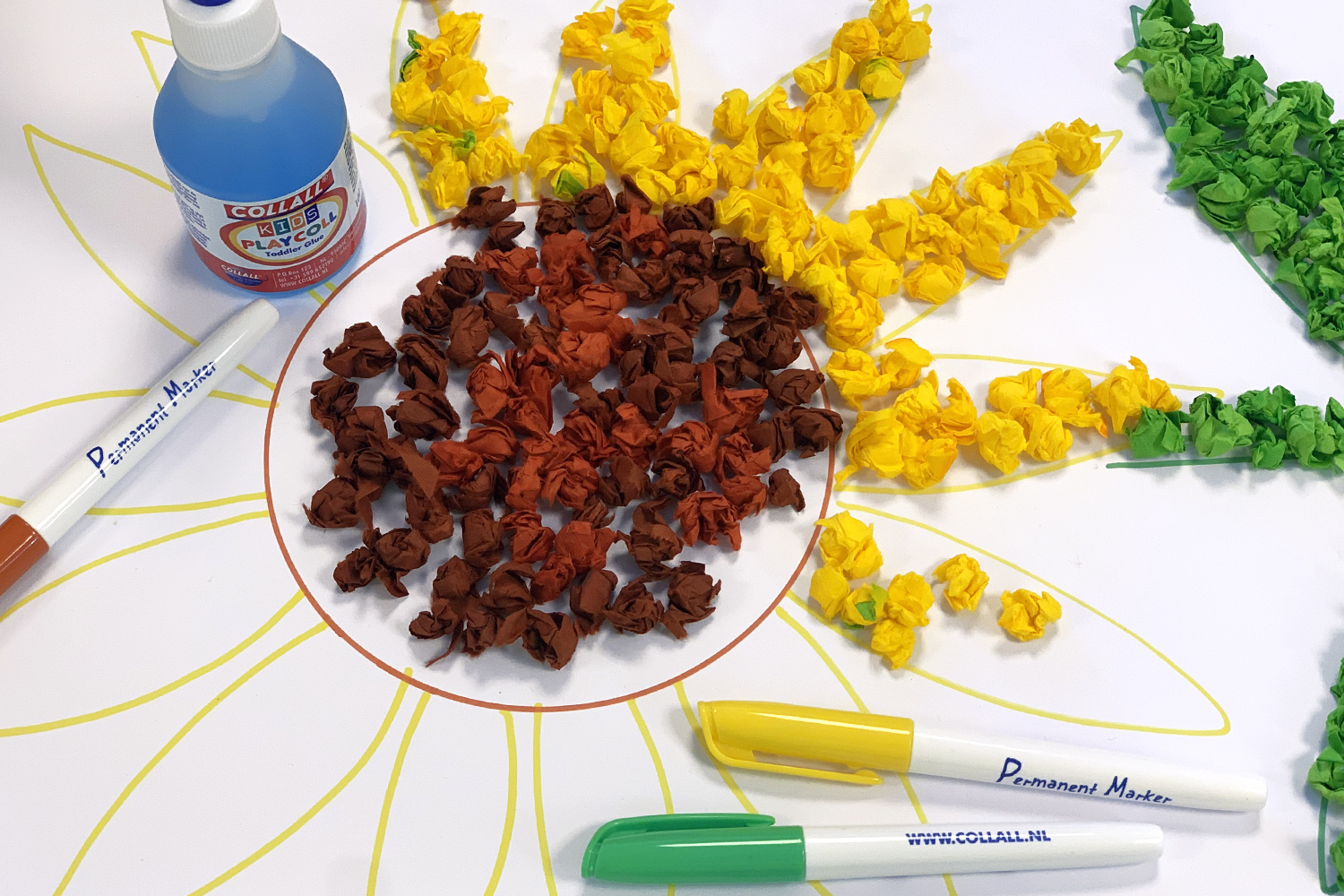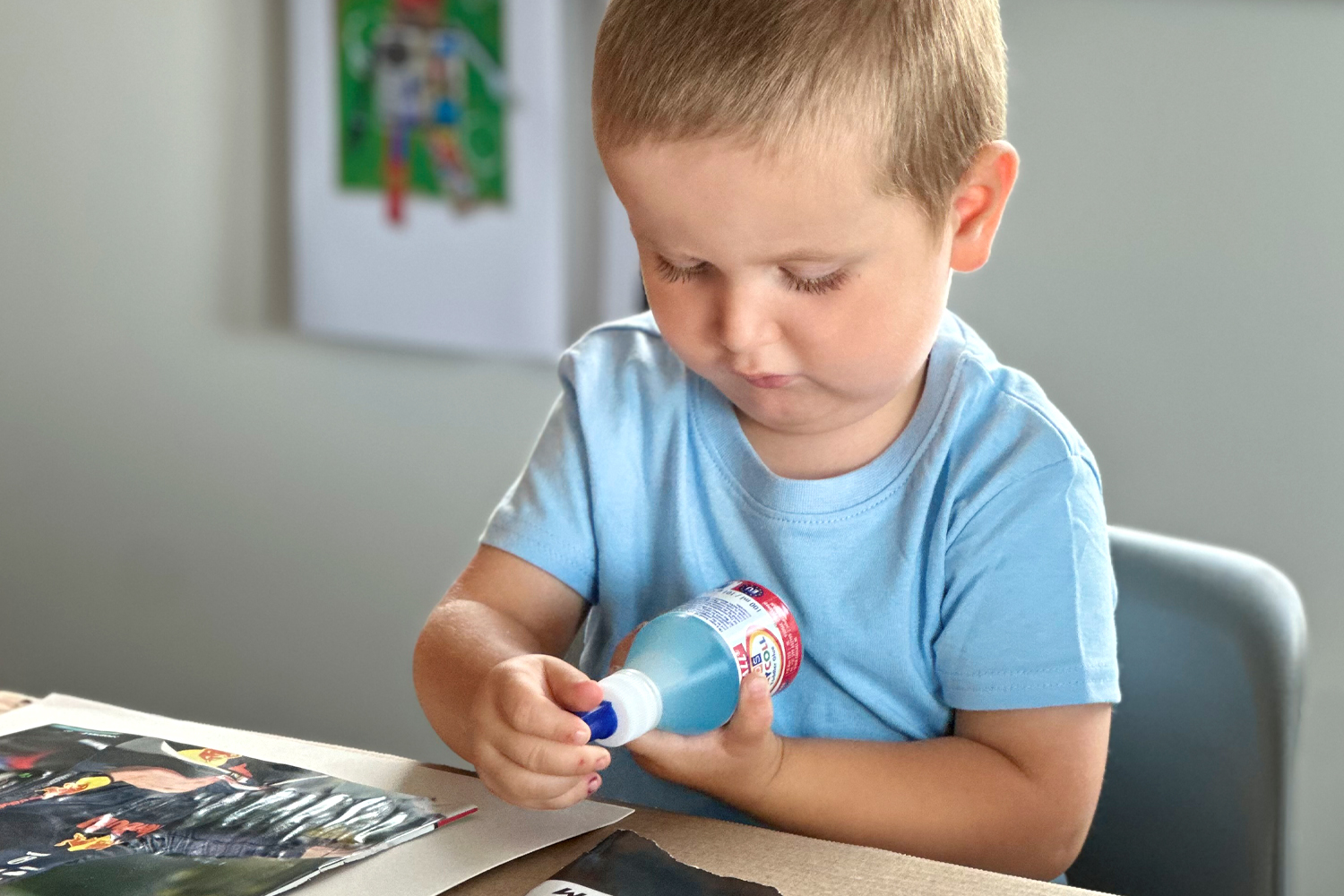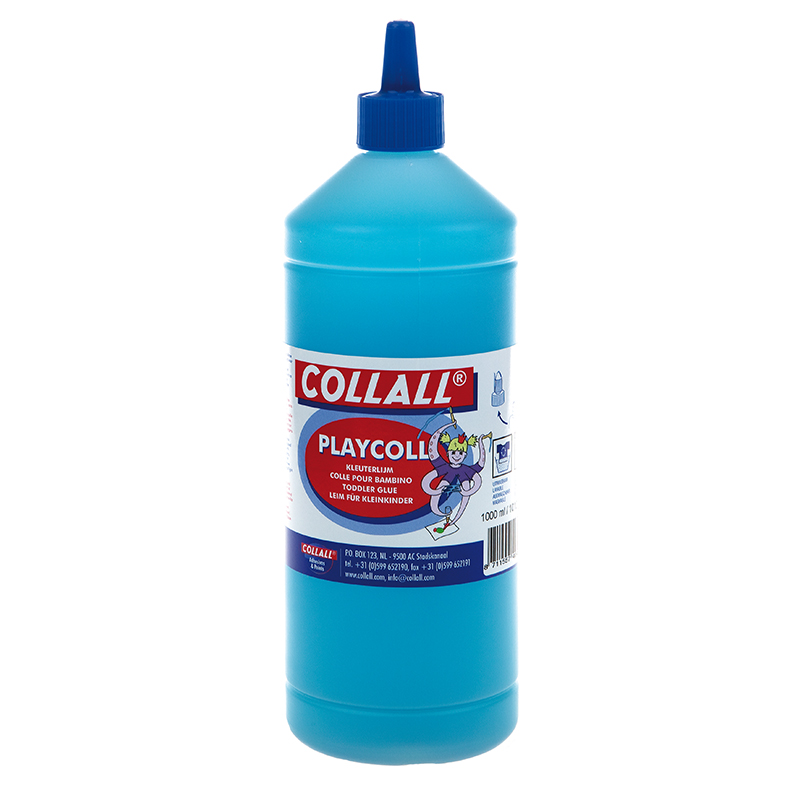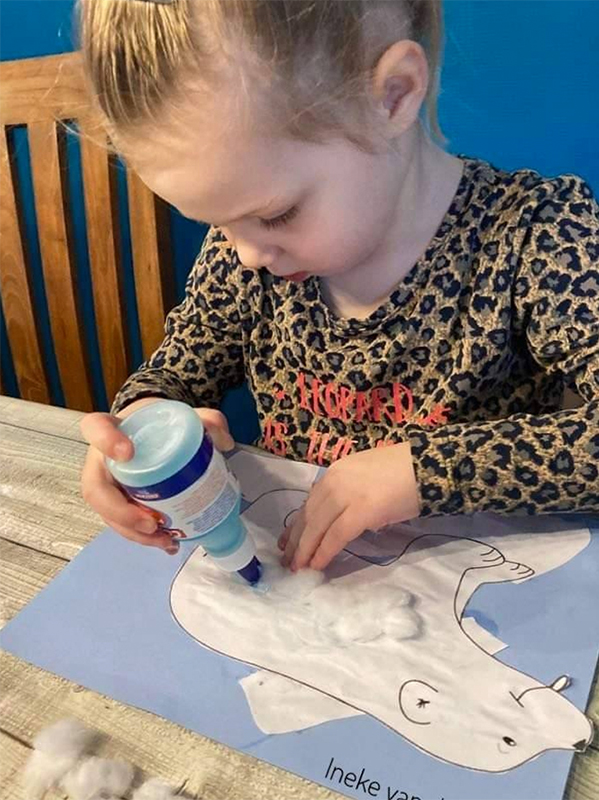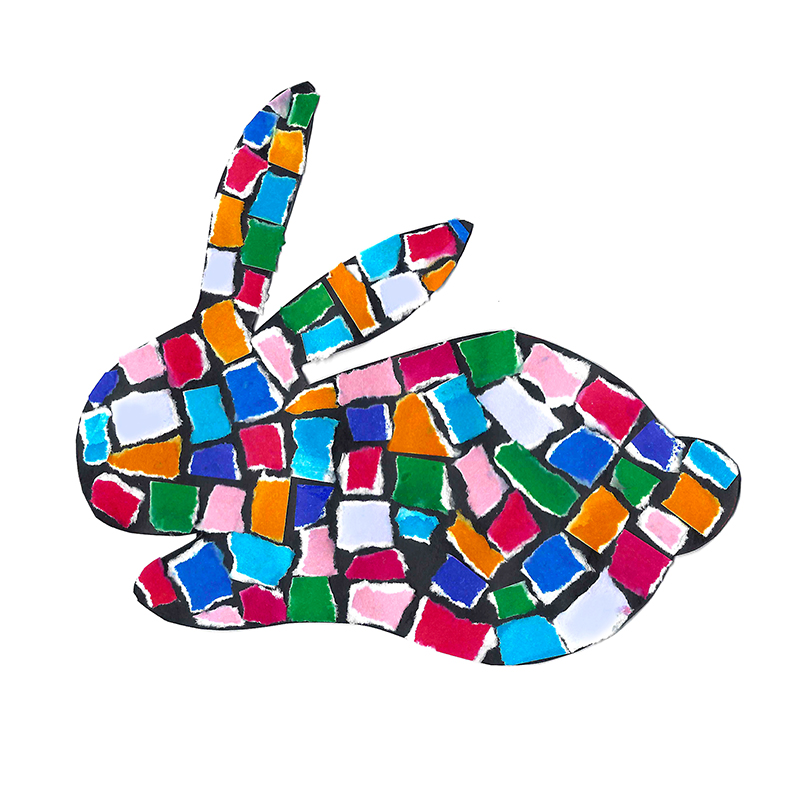Collall Playcoll
Collall Playcoll is a thick, liquid, blue water-based glue, suitable for bonding paper, cardboard, and other lightweight materials. Especially designed for preschoolers, it is easy to remove from their hands.
Specifications
Application: Collall Playcoll is a thick, liquid blue glue based on water, specially designed for use by preschoolers. As the name suggests, it’s a glue to learn crafting in a playful way. PlayColl consists of a remarkable 99% natural ingredients. The blue color changes to transparent once the glue has dried. This glue works well for sticking paper, cardboard, and other light materials during all crafting activities in the classroom, childcare, or at home. It’s also extremely suitable for use with papier-mâché.
What makes this glue even more special is that it can be easily removed from the hands of preschoolers.
Collall PlayColl contains a bitter substance, discouraging children from putting the glue in their mouths.
Appearance:
- Bluish, thick liquid, dries transparent
- Odourless
- Easy removable from hands
- Water-based
Solvent: water
Main ingredient: Carboxymethylcellulose
Natural ingredients: 99%
Viscosity: 12.000 mPa.s
pH: 7,5
Density: 1,01 kg/dm3
CE: Yes
Typical use: 100 – 150 g per m2
Use:
- Preferably use at room temperature.
- The materials to be glued must be dry and free from dust and dirt.
- The glue can be applied on one or both sides using a brush or spatula.
Allergens: contains CMIT/MIT. May produce an allergic reaction.
Suitable for: ages 3 and above.
Cleaning:
- The glue is very easy to remove from hands (even without water).
- When the glue is still wet, tools/surfaces can easily be cleaned with water.
- Traces of dried glue can be soaked in water and are then easy to wash or rinse off.
Crafting for the Development of Preschoolers
Crafting is an activity that is particularly valuable for preschoolers because it is not only fun but also offers a wide range of benefits for their overall development. It encourages creativity by challenging preschoolers to use their imagination and explore new ideas.
Motor Skills
Activities such as painting, sculpting with clay, cutting, and gluing, as well as handling different materials, help develop fine motor skills more quickly. Other fine motor skills, such as tying shoelaces or writing, will also progress faster as a result. Crafting improves concentration and focus. Through crafting, preschoolers can bring their own ideas to life and create unique artworks. This helps develop cognitive skills and stimulates problem-solving abilities.
Creative Activities in the Classroom: Importance and Joy of Crafting
By integrating crafting and other creative activities into the classroom, many different developmental areas of children are stimulated. These include self-confidence, motor skills, and inventiveness. Children will experiment and try out new things, learning what works and what doesn’t.


